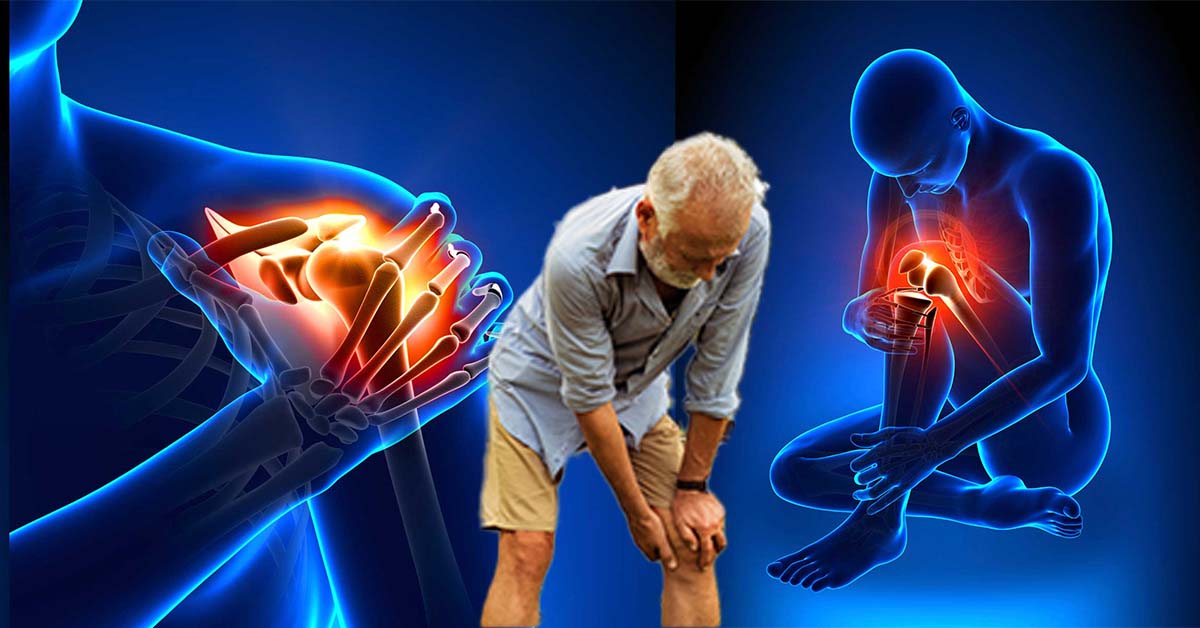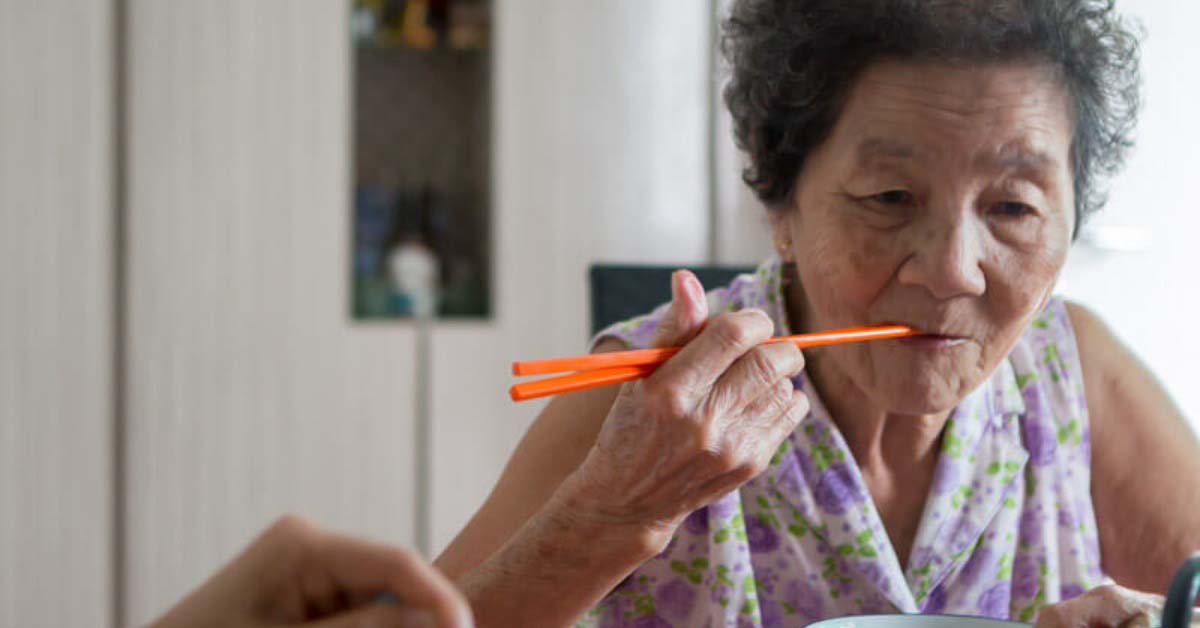
One of the common fears about growing older is dealing with pain.
As our bodies degenerate over time, we become more prone to falling sick and experiencing pain.
On top of that, our bodies take a longer time to recover fully compared to before – or worse still, only a partial recovery. That makes dealing with pain even more difficult to endure.
According to The Pain Association of Singapore, one out of five people aged 65 and above in Singapore suffers from chronic pain.
But what we have observed is that many people believe that they just have to push through it and that the pain will go away by itself eventually. This is not always true.
Advertisement
Common Pain Points
Among the most common pains affecting seniors is joint pain, such as that of the knees, hips, fingers and spine.
Many seniors also suffer from lower back pain and neck pain, of which the latter affects 21.5% of people aged 55 and above.
One in three Singaporean women over 50 years old suffers from osteoporosis (bone loss).
These pain conditions make us wonder: can anything be done to avoid pain? Or is it inevitable?
Well, the painful truth is that pain is unavoidable as we grow older because the degeneration of the body cannot be reversed – save for discovering the mythical fountain of youth.
For instance, bone spurs — which are the result of a degenerative joint disease or an injury to a joint or tendon — can impinge on the nerves causing pain. Bone spurs are extra growth of the bone in the form of smooth, hard bumps.
The loss of cartilage and meniscal tear is another example. It causes inflammation and swelling of the knee bone. And of course, the general wear and tear of any body part over time causes pain too.
Keeping Pain At Bay
Nevertheless, pain can be minimised by slowing down the degeneration process.
The key to achieving that is to adopt preventive measures. As they say, prevention is better than cure.
- For one, seniors should keep their body mass index (BMI) within the ideal range of 21 to 23. A healthy BMI figure ensures that one’s weight is proportionate to his or her height and does not pose excessive pressure on the spine and knees. Seniors should also adopt a balanced diet. Doing so goes a long way to maintaining healthy bones and joints to reduce the risk of osteoporosis and sarcopenia (muscle loss).
- Keeping an active lifestyle is also important regardless of how advanced in age one is. The type of exercise performed does not matter as all forms of exercises help to achieve a long-term favourable outcome. In particular, the regular use of muscles helps to improve the longevity of joints, cartilage and nerves.
- In addition, seniors should have good sleeping habits by ensuring they get enough hours of shut-eye and also adhering to healthy sleep routines such as going to bed and waking up at a regular times. This is to ensure that they have sufficient rest.
Managing Pain
Still, when pain occurs, how should it be managed?
Certainly, pain should not be ignored because it is like an alarm bell that signals something is amiss with the body. Some pain may be a sign of something sinister, though others may be a red herring.
If the pain is persistent — lasting for more than six weeks — a medical check-up is warranted.
Pain that affects sleep and is associated with weight loss, fever and a general feeling of being unwell, also warrants a medical check-up. And if the pain leads to total or partial loss of function, see a doctor immediately.
The best advice I can give to seniors is not to wait until the pain is unbearable.
Generally, if pain is managed early, its progression into a persistent and chronic persistent issue is likely to be minimised. Treating the pain should stop the progressive damage to the body.
So, fear not as we ride into the sunset. We can age gracefully and minimise pain by slowing down the degeneration of our bodies.






